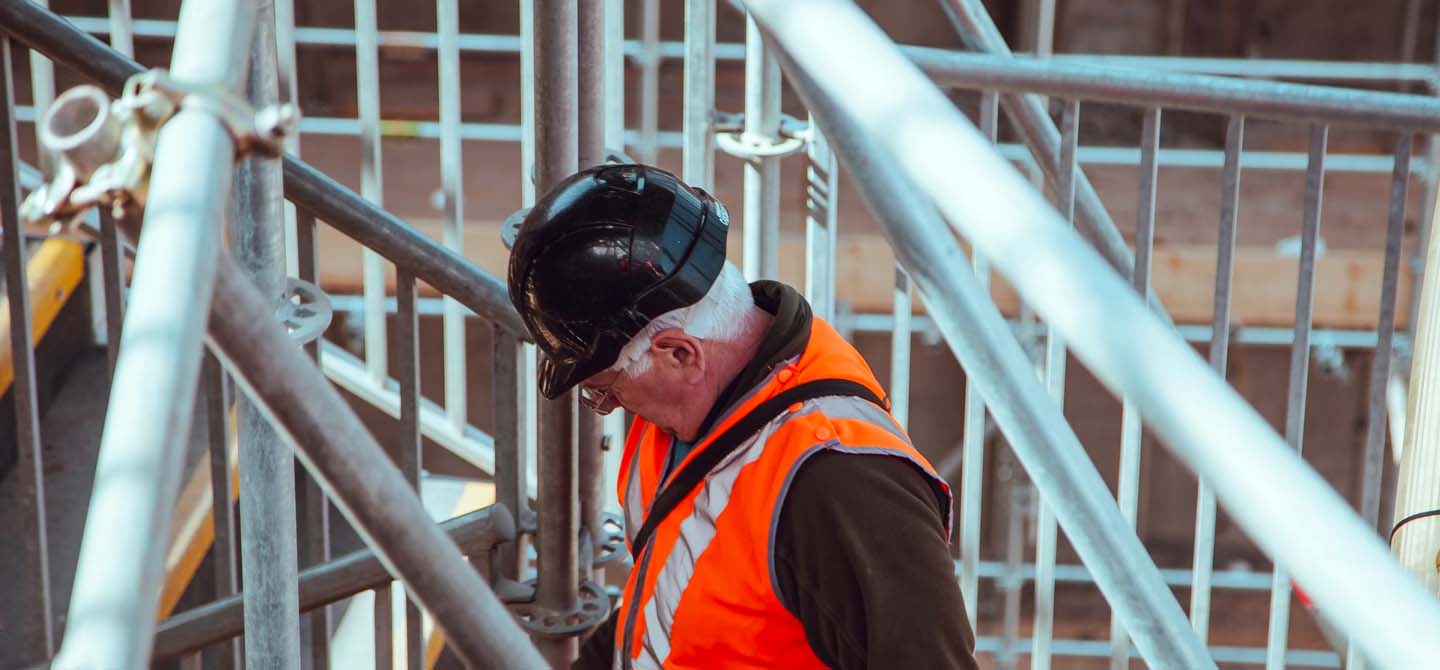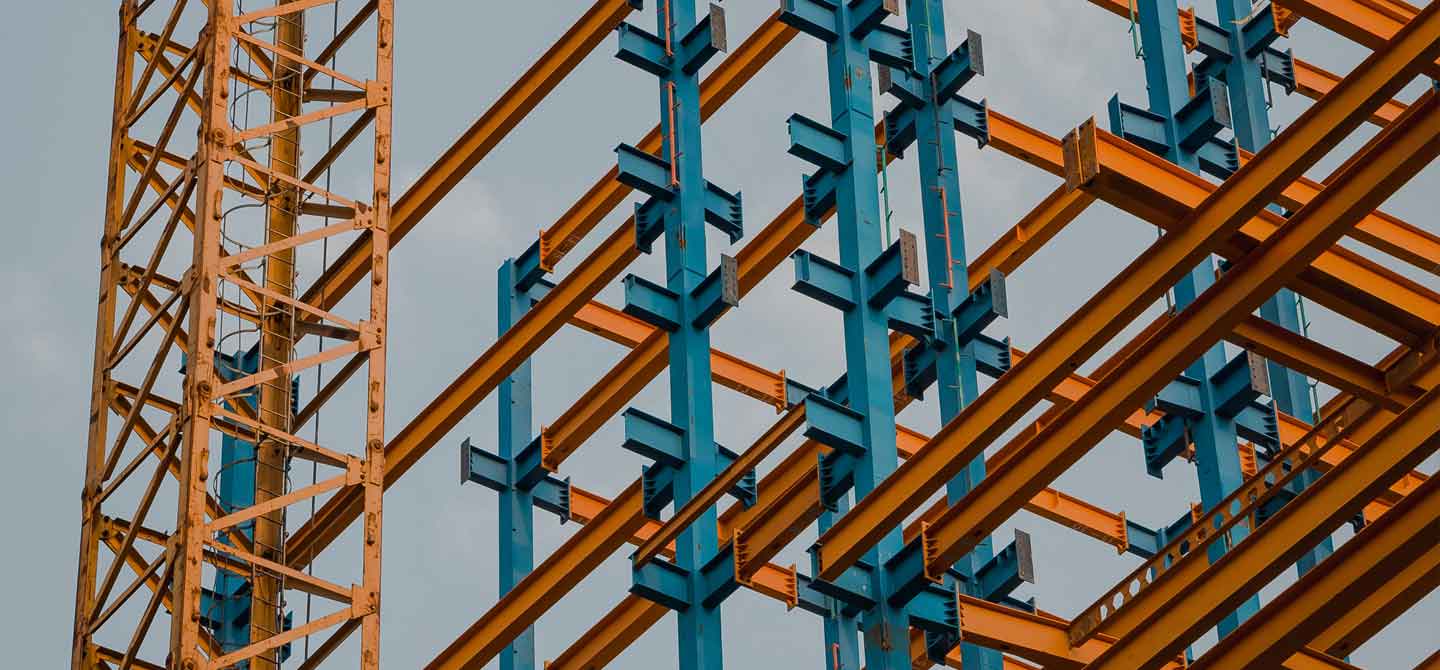Menu
Disputes within the construction industry are sometimes unavoidable. The nature of the work brings together designers, differing trades and project managers who all work off the same specifications. Any mistake along the way can adversely affect the whole project and create business disputes between parties.
Typically disputes between construction companies or their sub-contractors include disagreements with:
- Pricing variations made after the fact
- Disputes relating to time delays and deadline breaches
- Requests for additional work outside the original contract
- Safety issues or breaches of your businesses safety policy
- Violations or disagreements over the terms in the construction contract
As a business owner in the construction industry, it is important to understand how to resolve disputes efficiently when they arise – ideally before needing to use the courts (litigation). Almost all construction contracts will contain a dispute resolution clause that outlines how and when disputes are to be managed in the event of disagreement. These clauses having in place a dispute resolution process can save your construction business the time and the costs associated with resolving business disputes through the courts.
Additionally many courts require the parties to have first exhausted other forms of dispute resolution before they can litigate.
Dispute Resolution in the AS 4000
The AS 4000 essentially provides a three-step process for resolving a dispute, which encompasses (mediation, arbitration and expert determination).
What is a Dispute Resolution Process?
A dispute resolution process is a way in which a company sets out to resolve a business dispute often via use of the third-party services to help reach a binding or non-binding resolution to an issue.
As a construction company your dispute resolution process needs to be able to achieve the following:
- Establish the exact nature of the dispute
- Sets deadline to ensure the other party responds to your concerns in a timely fashion
- Describe the methods you wish to use to solve the dispute
- Assesses fairly both sides of the dispute and provide a resolution
Expert determination
Typically disputes that involve the need for technical analysis would seek the need for an expert determination. Expert determination is a process that is becoming increasingly popular in the construction industry. It involves the use of an appointed expert who assesses and makes a decision on a technical issue to do with construction. They act impartially and consider both parties input before giving down a final decision. The qualifications of the expert must be agreed on by both parties before an expert is appointed. Also, keep in mind while this process isn’t tied to any legal proceedings it is difficult to challenge and expert opinion later in court.
Arbitration
Disputes over terms of a construction contract are usually best dealt with by way of arbitration. An arbitrator will thoroughly exam any evidence and materials on both side and reach a decision. This decision is legally enforceable meaning the arbitrator will hand down a binding agreement both parties must follow.
Mediation
Mediation is similar to arbitration, whereby a mediator considers the evidence of both parties to reach a decision. However, it must be understood that a meditators final decision is not legally binding.
The meditator will consider all forms of evidence brought forward by both parties and try to form a dialogue that can resolve your dispute. The meditator can either sit down with each party separately or together and will usually propose a way to settle the dispute.
NSW Civil and Administrative Tribunal
Keep in mind, if your dispute is about a residential project within NSW, it could be wise to apply to the NSW Civil and Administrative Tribunal. By applying for a Home Building Application, NCAT can make a building dispute order for the following issues:
- Home owner’s non-payment for building work
- Building work not carried out as agreed in the contract
- incomplete or defective home building work
- insurance claims
Dispute Resolution Clauses in Contracts
A well drafted dispute resolution clause in a contract will set out clearly the dispute resolution process you needs to be invoked if a dispute arises. The benefit of having it in place is that you have a contractually binding process that each party must adhere to.
Finally
Keep in mind, that the use of litigation to solve a dispute should only be reserved for the termination of an agreement. Seeking legal advice, however, to set out an effective dispute resolution process for your construction business is always advisable.
If you need any assistance with a dispute, or any aspect of legal assistance pertaining to the construction industry, our construction lawyers are here to help. Just call us at 1300 337 997, or complete the form on this page.






